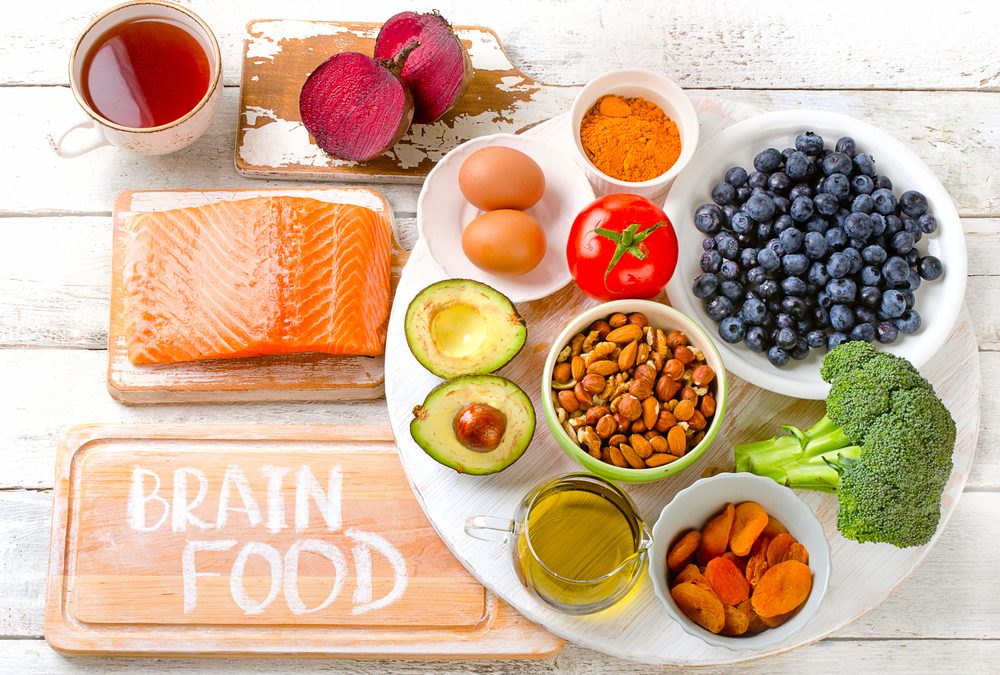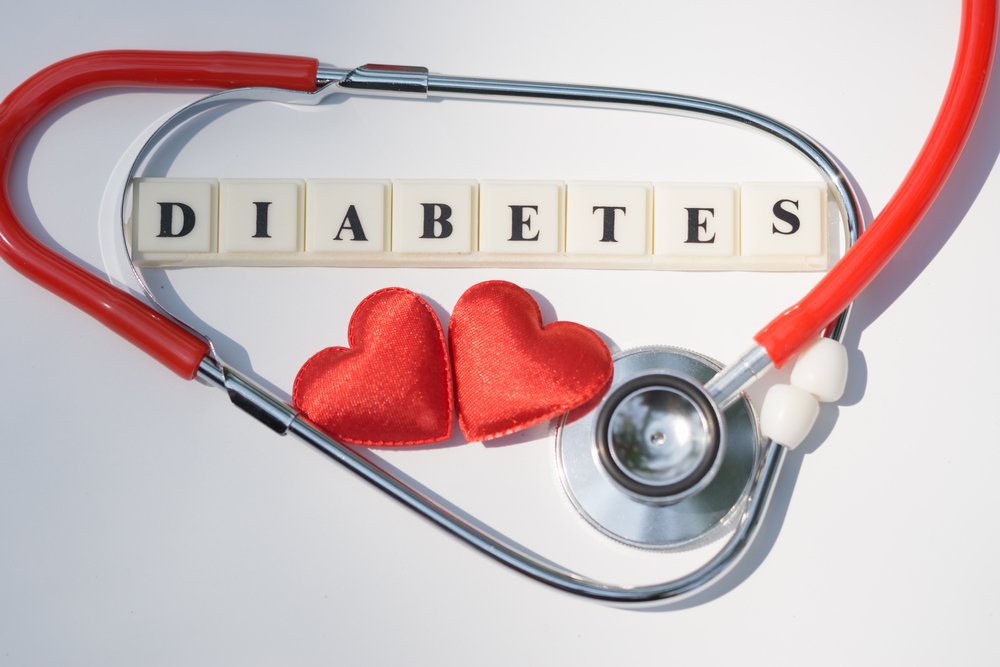Two fresh meta-analyses add nuance to a decades-long question: can the long-chain omega-3s EPA and DHA support brain function as we age? The short answer is “sometimes—under the right conditions.” And the condition that keeps surfacing is dose. Flip Paracelsus’s famous line and you get the modern omega-3 lesson: the dose makes the benefit. That means knowing where people start (their baseline omega-3 status) and giving enough EPA+DHA for long enough to move that needle. The Omega-3 Index is a simple way to establish that baseline and verify that an intervention actually changed tissue levels.
Memory Signals in Healthy Older Adults
A Nutrition Reviews meta-analysis pooling 25 trials in non-demented adults found a small but measurable boost to memory with EPA+DHA, without a parallel gain in global cognition. Most studies dosed around 1,200 mg/day for roughly 12 weeks in participants averaging their mid-50s. Mechanistically, this pattern makes sense: DHA is the dominant omega-3 in neuronal membranes and is involved in neurogenesis, myelination, and synaptic function, all processes tied closely to memory circuits that can still be modulated in adulthood.
Mixed, Cautious Optimism in Mild Cognitive Impairment
A second review in the European Journal of Clinical Nutrition combined seven randomized trials in older adults with mild cognitive impairment. The authors reported a hint of benefit for cognition versus placebo, but results varied study to study. Two of the seven trials used doses below ~700 mg/day—levels that repeatedly underperform—while subgroup analyses suggested little effect in participants over 70. Taken together, these details point less to a dead end and more to a dose-and-design problem.
The Throughline: Dose and Measured Status Matter
Across both papers—and across the broader literature—the trials most likely to show cognitive benefit used higher daily intakes (roughly 0.9–2.5 g/day EPA+DHA), ran long enough to change tissue levels, and enrolled people with room to improve. Experts keep returning to the same practical advice: measure omega-3 status at the beginning and end, because those with low baseline levels tend to benefit most. When studies skip that step, it’s hard to separate a true “no effect” from a “not enough dose” outcome.
Beyond Cognition: Converging Clues
Related work in clinical populations echoes the importance of levels. For example, in heart-failure patients, a pilot trial linked a higher Omega-3 Index with lower scores on the cognitive (ruminative) dimension of depression—again suggesting brain-related outcomes may track with achieved omega-3 status, not just with pill counts.
What This Means for Real People
If you’re aiming for brain support, treat EPA+DHA like any targeted nutrient: verify where you are, use an effective dose, and give it time. For many older adults—especially those who eat little seafood—bringing the Omega-3 Index up meaningfully may require more than a token capsule. Expectations should also be calibrated: the current signal is strongest for memory in non-demented adults and is modest in size. But modest, real-world gains—when they’re achieved consistently and safely—still matter.
Bottom Line
The latest meta-analyses don’t crown omega-3s as a cure-all for cognition, but they strengthen a consistent pattern: benefits are most likely when EPA+DHA dosing is sufficient, baseline levels are low to start, and status is measured, not assumed. In other words, dose—and proof that the dose “took”—makes the difference.




